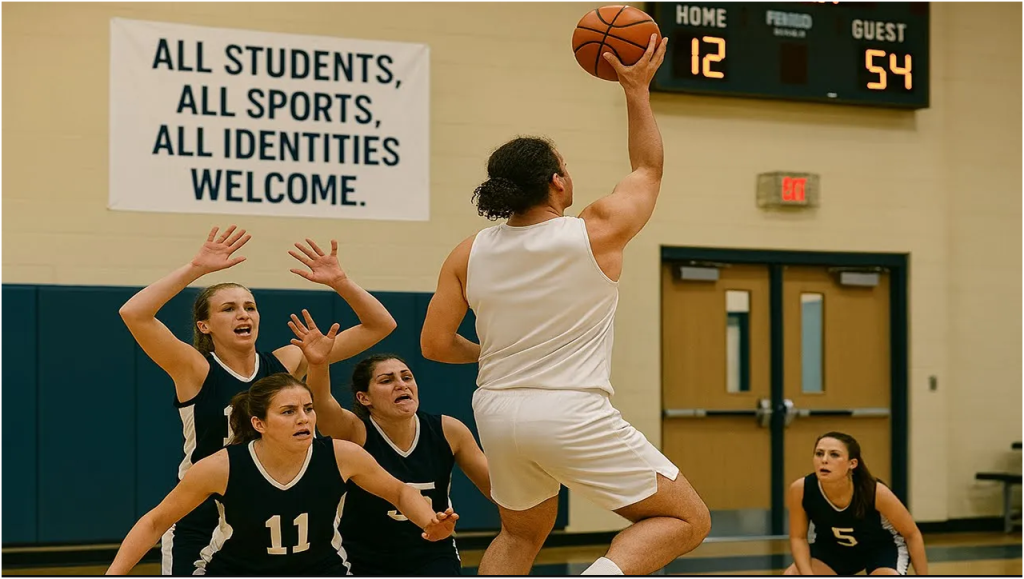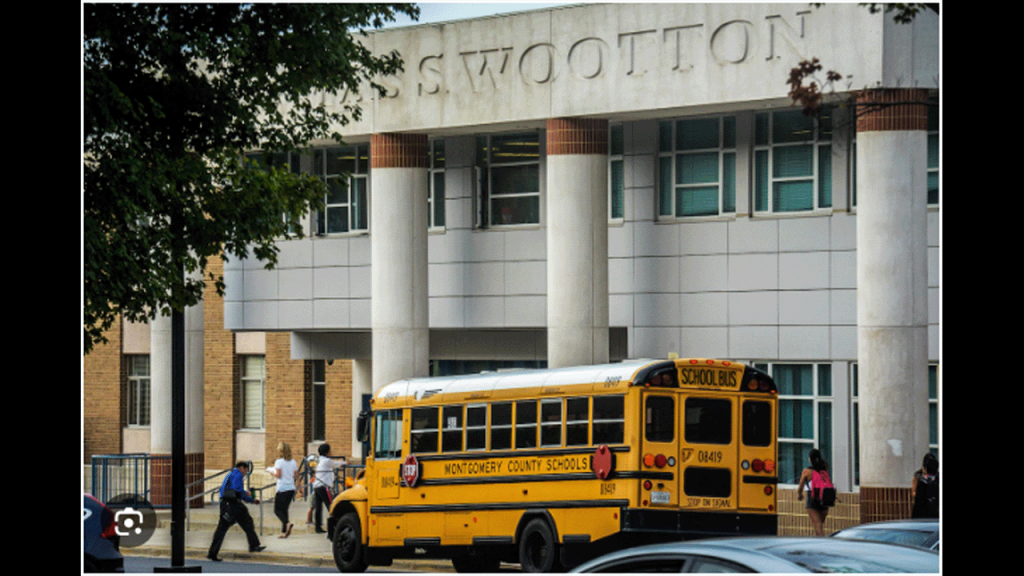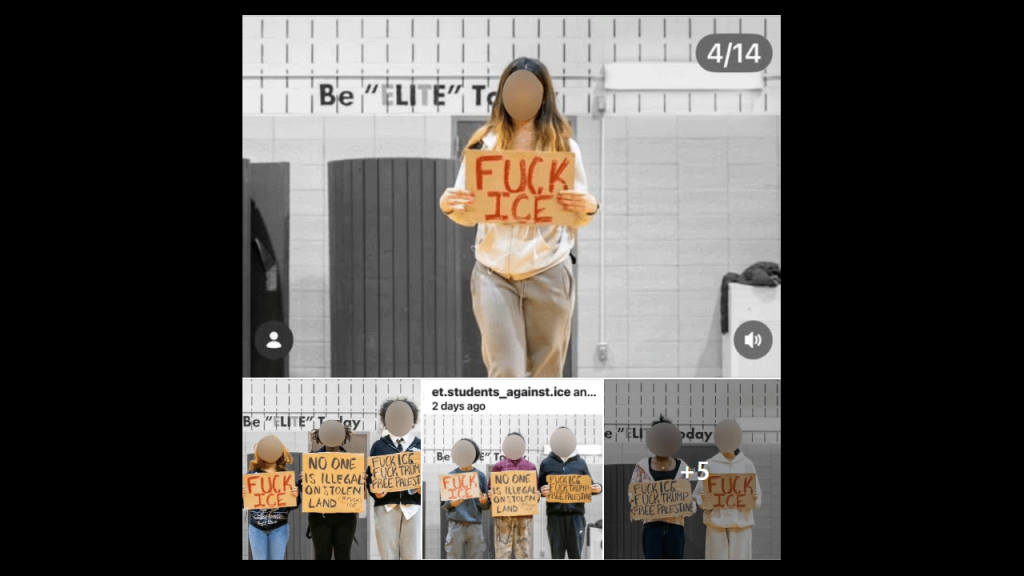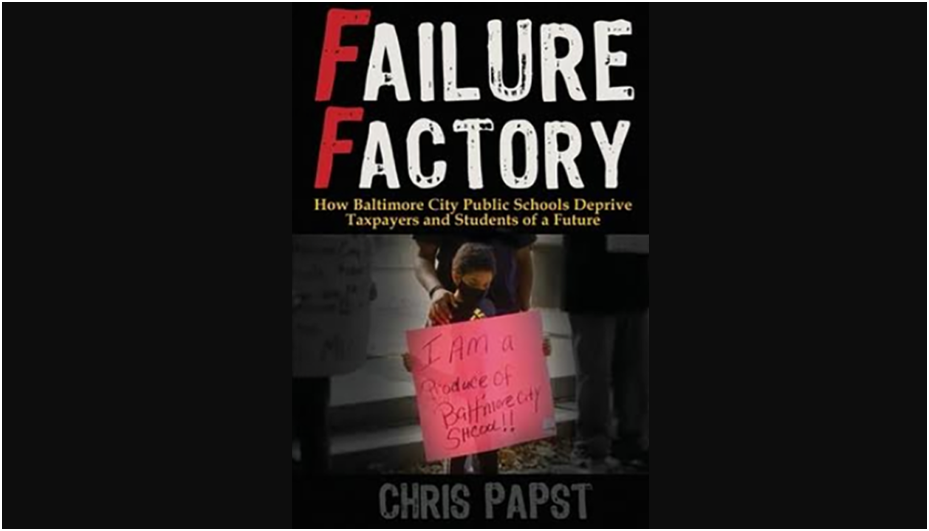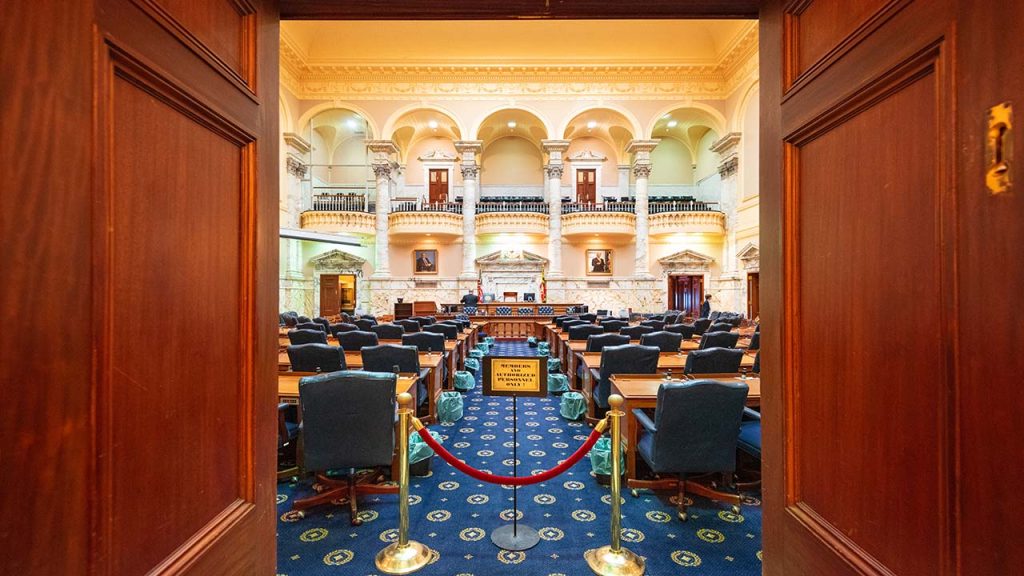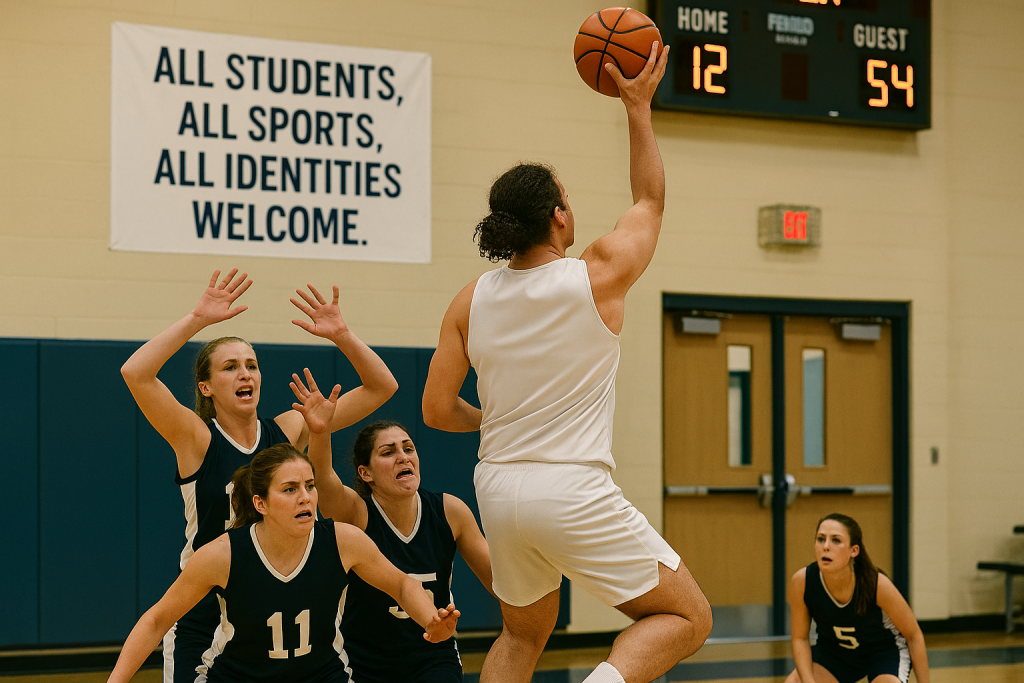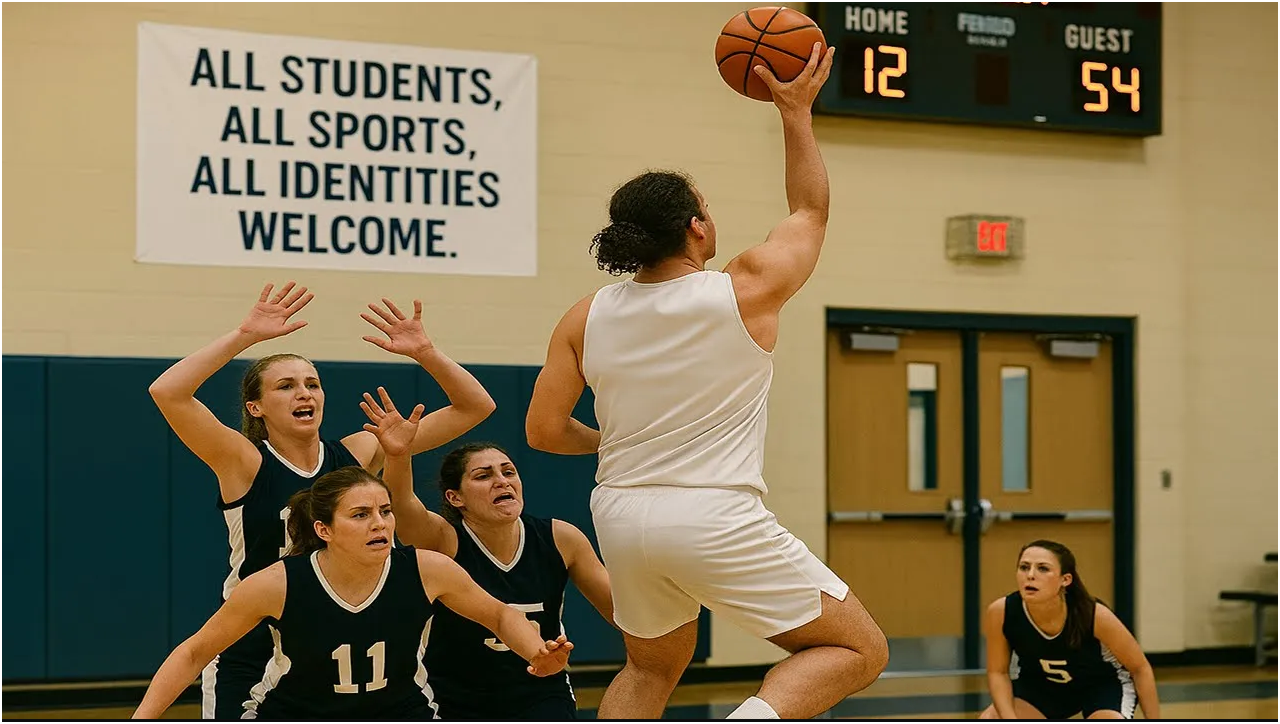
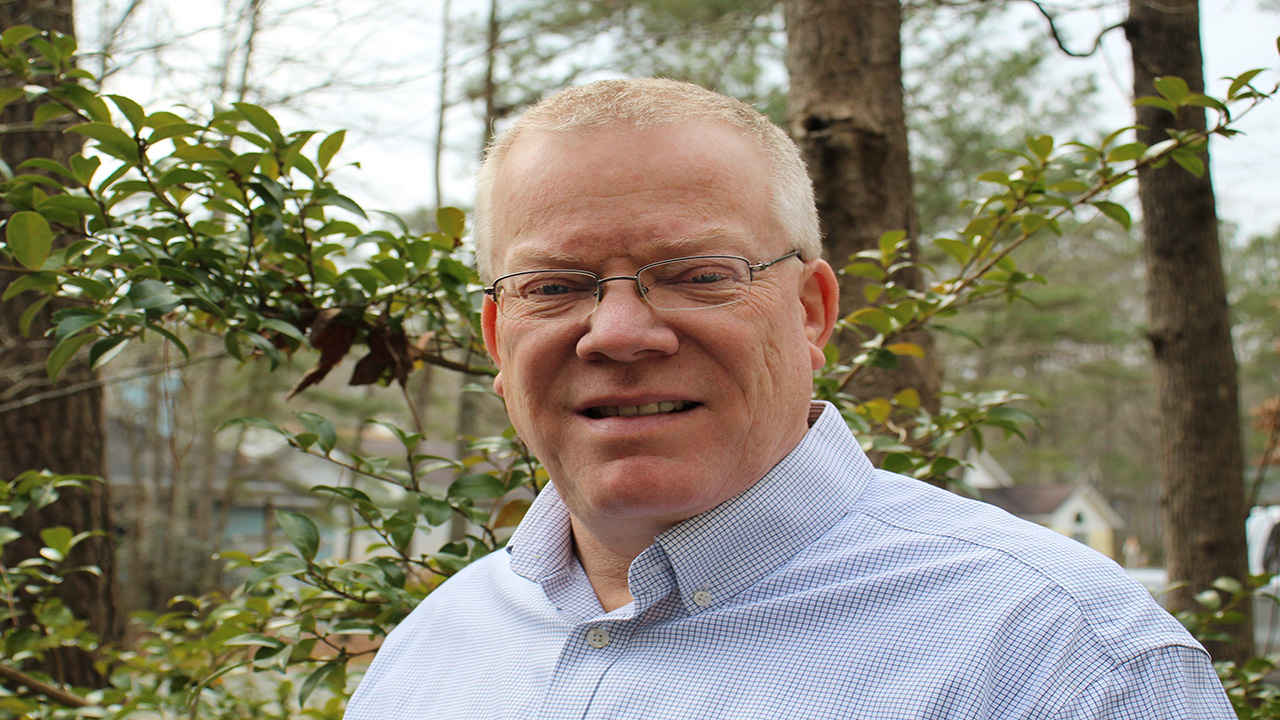
Addressing School Safety and Discipline: Details on My Positions
In a recent video, I shared insights into critical issues facing Worcester County Public Schools, particularly regarding school safety and disciplinary measures. Drawing from my extensive experience and expertise in Maryland’s K-12 public school system, and as a resident deeply invested in Worcester County, I presented a detailed perspective on these challenges and provided potential solutions. My aim is to educate the citizens of Worcester County about what is going on in our public schools.
In the video, I fully explain my positions on school safety and discipline with supporting data. The full video is on my website at marylandk12.com and also on my Facebook Page. Please see the full video; however, here is an overview.
Understanding School Safety and Budgetary Concerns
I identify two primary concerns dominating the WCPS discourse: school safety and budgetary allocations. These issues are central to ensuring a conducive learning environment for students. In this first video, I expand on the issue of school safety and discipline. Despite the Board’s acknowledgment of recommendations proposed by the sheriff and state’s attorney to enhance school safety, I share a concerning lack of action. First and foremost, I fully support these recommendations. They are reasonable, sensible, and actionable. They have not, however, been successfully implemented. In the video, I provide a detailed explanation of why I believe this to be so.
Impediments to Implementation
One major obstacle hindering the adoption of safety recommendations revolves around the interpretation of language within the Memorandum of Understanding (MOU) between the school system and the WCPS Sheriff’s Office. A specific contention arises regarding the reporting of incidents categorized as “crimes.” I explain in detail that while the Board ostensibly agrees with the recommendations, the hesitancy stems from potential conflicts with state regulations emphasizing a restorative approach to discipline over punitive measures. This was a change made under the O’Malley administration in 2014.
Analysis of Suspension and Arrest Data
I look at and explain WCPS data regarding student suspensions and arrests, and provide a comparative analysis with neighboring and other counties similar in size. I highlight a significant decline in suspension rates in Worcester County, particularly from the 2018-2019 school year to the 2021-2022 school year (2020-2021 is not used due to COVID). I further scrutinize the methodology behind these figures, suggesting that certain actions, such as required parent conferences, may obscure the true suspension rates. Similarly, fluctuations in arrest rates warrant closer examination, while advocating for a balanced approach that prioritizes accountability.
Accountability and Professional Development
Central to my stance is the call for accountability among educators and administrators. I emphasize the need for rigorous training and oversight through targeted interventions to address inconsistent application of the code of conduct and not addressing it by reducing standards so the data will look better. I believe we need to reduce the need for disciplinary action and not simply reduce the standards.
Conclusion: Fostering Dialogue and Collaboration
I conclude by inviting constructive dialogue and engagement with stakeholders to navigate the complexity of school safety and discipline. While acknowledging differing perspectives, I underscore the importance of evidence-based approaches and a commitment to fostering an inclusive educational environment. In summary, my comprehensive analysis offers valuable insights into the challenges facing WCPS. By prioritizing accountability and collaborative problem-solving, I hope to propel Worcester County towards a safer and more conducive learning environment for all students.
Dig Deeper With Our Longreads
Newsletter Sign up to get our best longform features, investigations, and thought-provoking essays, in your inbox every Sunday.
The MEN was founded by John Huber in the fall of 2020. It was founded to provide a platform for expert opinion and commentary on current issues that directly or indirectly affect education. All opinions are valued and accepted providing they are expressed in a professional manner. The Maryland Education Network consists of Blogs, Videos, and other interaction among the K-12 community.




